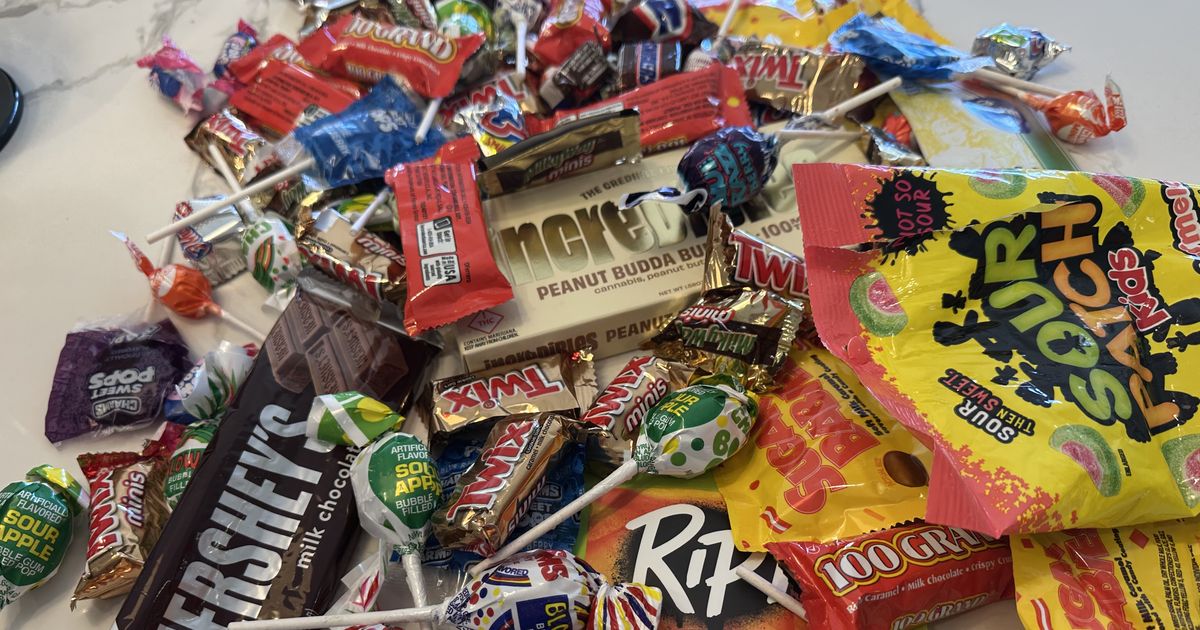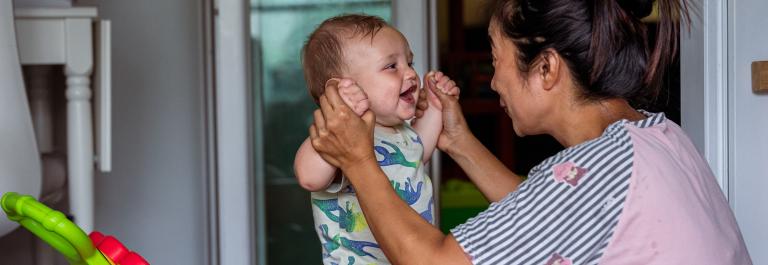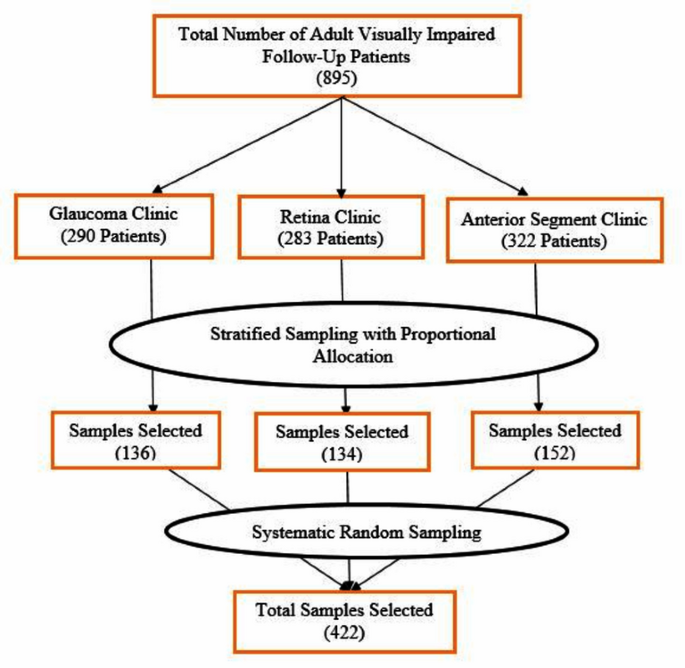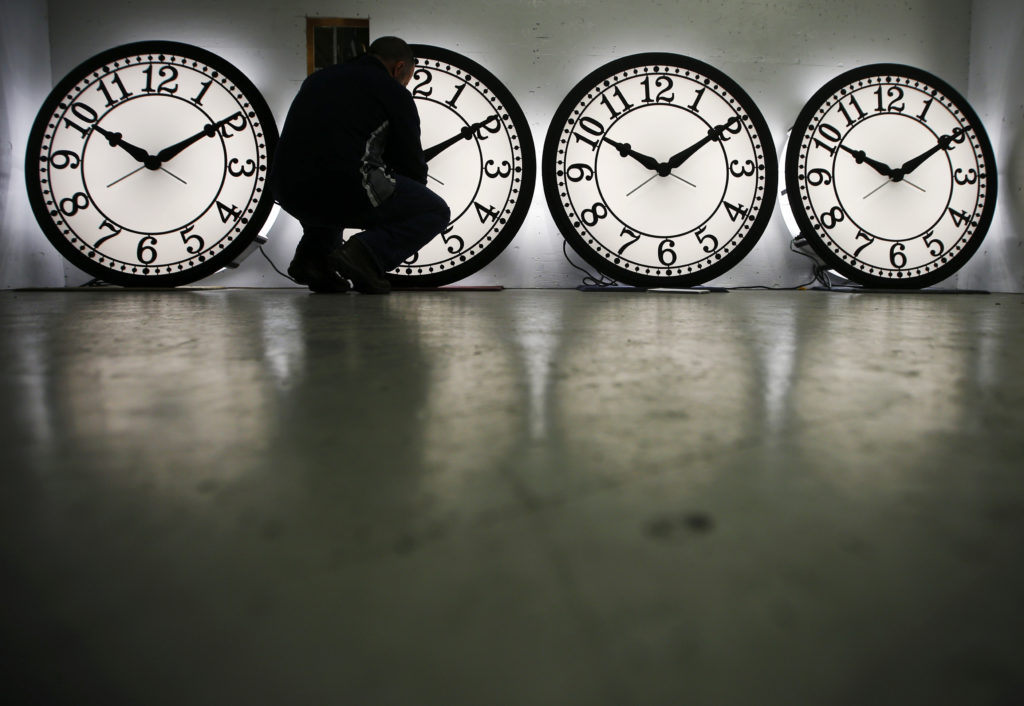Helping kids be kids: A Children’s Hospital legacy
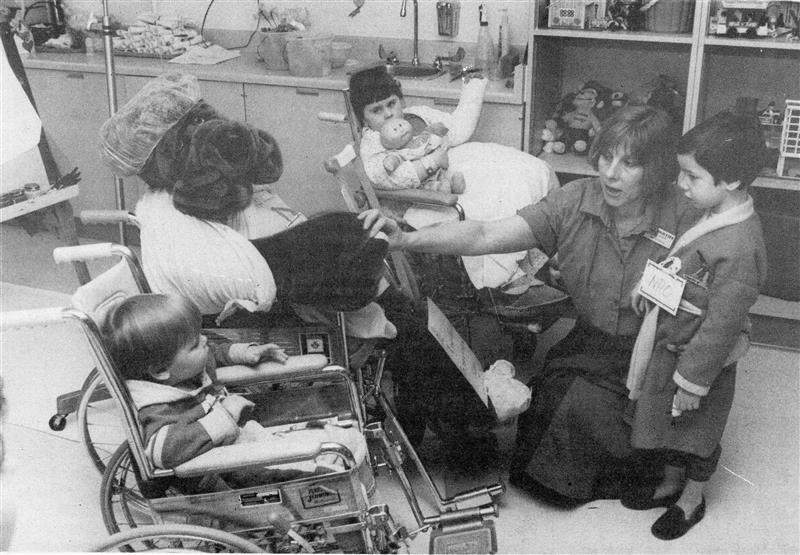
Helping kids be kids: A Children’s Hospital legacy

Above: Child Life Specialist Bev McDonald shows Wrinkles’ sore paw to a patient
October 8, 2025
Children’s Hospital at London Health Sciences Centre (LHSC) has been a cornerstone of paediatric care in Ontario for more than a century. Originally established as the War Memorial Children’s Hospital and later known as Children’s Hospital of Western Ontario, Children’s Hospital moved into its current location in B Tower at Victoria Hospital in the early 2000s.
As one of only four paediatric specialty hospitals in the province, Children’s Hospital serves the largest geographic catchment area of all, spanning from southwestern Ontario as far north as Thunder Bay. Each year, 60,000 children receive care through its comprehensive inpatient and outpatient programs, which include oncology, neurology, mental health, cardiac care, trauma and intensive care, genetics and more.
In 2022, Children’s Hospital celebrated 100 years of lifesaving care and innovations. From performing Ontario’s first paediatric heart and liver transplants in the 1980s to North America’s first robot-assisted paediatric cochlear implant in 2025, Children’s Hospital continues to be on the forefront of medical breakthroughs. And, as a hospital within a hospital, it uniquely integrates maternal and fetal care and supports young patients through their eventual transition to adult care at age 18.
But the history of Children’s Hospital is defined not only by its excellence in paediatric medicine; it’s also shaped by a deep and lasting commitment to helping kids be kids, even while in hospital.
At the heart of this effort is the Child Life program.
Supporting the whole child
The Child Life program at Children’s Hospital began in the 1970s, thanks to generous donors from Children’s Health Foundation. What started as a small team in select areas has since grown into a robust program with more than 20 child life specialists working across the hospital. These specialists have become an essential part of the multidisciplinary care team, helping make each patient’s experience as positive and empowering as possible.
Child life specialists are highly trained professionals who help children and their families cope with the emotional, psychological and developmental challenges of illness or injury and hospitalization. They reduce fear and anxiety through play and education.
“Before a procedure, we may sit with a child and gently explain what will happen using age-appropriate language, pictures and medical play with dolls or toys. This preparation helps to build trust,” explains Michelle Hart, child life specialist at Children’s Hospital. “During treatments, we offer distraction techniques such as games, stories or simply a comforting presence.”
Creating safe spaces
Beyond medical moments, child life specialists create spaces for creativity and expression. Whether through art, music or play, they help young patients process their experiences and maintain a sense of normalcy. These ‘safe spaces,’ which are free from medical talk or procedures, offer children a moment to make their own choices and just be themselves.
Research shows that when children feel at ease in the hospital, they recover more quickly and build coping skills to help them handle future medical experiences with more confidence.
“All children arrive at the hospital with bits of information, questions and sometimes misconceptions,” says Melissa Zurch, another child life specialist at Children’s Hospital. “We take the opportunity to clarify and help teach, ensuring each child understand what’s happening in a way that makes sense to them.”
Making paediatric care truly paediatric
The work of a child life specialist is grounded in the understanding that kids are not just small adults; they require specialized care tailored to their developmental and emotional needs.
When not supporting patients directly, they’re helping to plan or shape kid-friendly hospital initiatives. Throughout the years, some of these initiatives – also supported by Children’s Health Foundation – have included:
- Ashley’s Backyard: An outdoor-themed play space for young children.
- Birthday celebrations: Rooms are decorated and gifts given to each child who has a birthday while in hospital.
- Bravery Beads: Custom beads that represent milestones in a child’s care journey. These keepsakes – earned, not bought – tell a story of strength and resilience and often become cherished mementos long after discharge.
- Check-up Clinic for Teddy Bears, Dolls and Cuddlies: A former ‘clinic’ that normalized health care by offering to help a patient’s toy companion.
- Holiday celebrations: Including visits from Santa, opportunities for children to write him letters and special gift deliveries straight from the North Pole.
- Entertainers and sports teams: Visits from Blue Jays, London Knights and London Lightening players.
- Jingle Bell Rappel: Santa and his elves rappel down the side of the hospital during the holiday season, bringing joy to patients as they watch from their window.
- Kindergarten Orientation: Kids from local schools would come to the hospital for a puppet show, which would teach them what to expect if they were ever admitted as a patient.
- Mascots and special characters: Visits from Dr. Beary Goode, Mister Dressup, Fred Flintstone, Larry the Lobster, McGruff, Rapunzel and Thomas the Train.
- Ollie the Clown: A beloved staff member who just celebrated 20 years of bringing laughter to the hospital.
- Paediatric Vaccination Clinic: A special clinic for children and youth who need extra support not typically available in traditional health-care or community vaccination settings.
- Reverse trick-or-treating: Staff dress up for Halloween and deliver treats to patient rooms.
- Smile Room: A multi-sensory environment with adaptive equipment and accessible activities.
- Teen Room: A hangout space for older kids to play video games, do crafts, read and relax.
- Teddy Bear Picnic: An annual fanfare featuring face painting, a fishpond, music, build-your-own teddy bear station and doctors barbequing burgers.
- The Comfort Promise: A hospital-wide standard ensuring each child receives compassionate, evidence-based pain management during needle procedures.
- Themed rooms: Floor-to-ceiling murals painted on walls to help children feel immersed in the jungle, ocean or other fun environment.
Over time, the Child Life program has evolved from a modest initiative serving select areas of Children’s Hospital to a comprehensive, hospital-wide service. And while the size of the program may have changed, their goal has remained the same – to help kids just be kids.
LHSC is celebrating 150 years of care, innovation, and community impact by sharing 150 moments from our history. Join us in marking this milestone by sharing your own LHSC story.
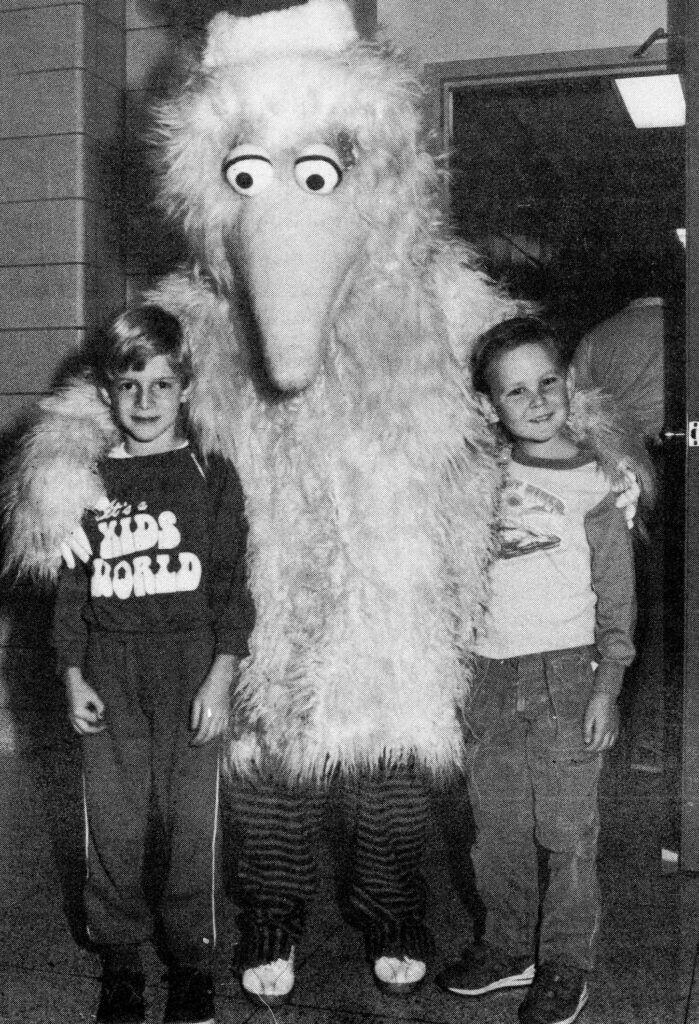
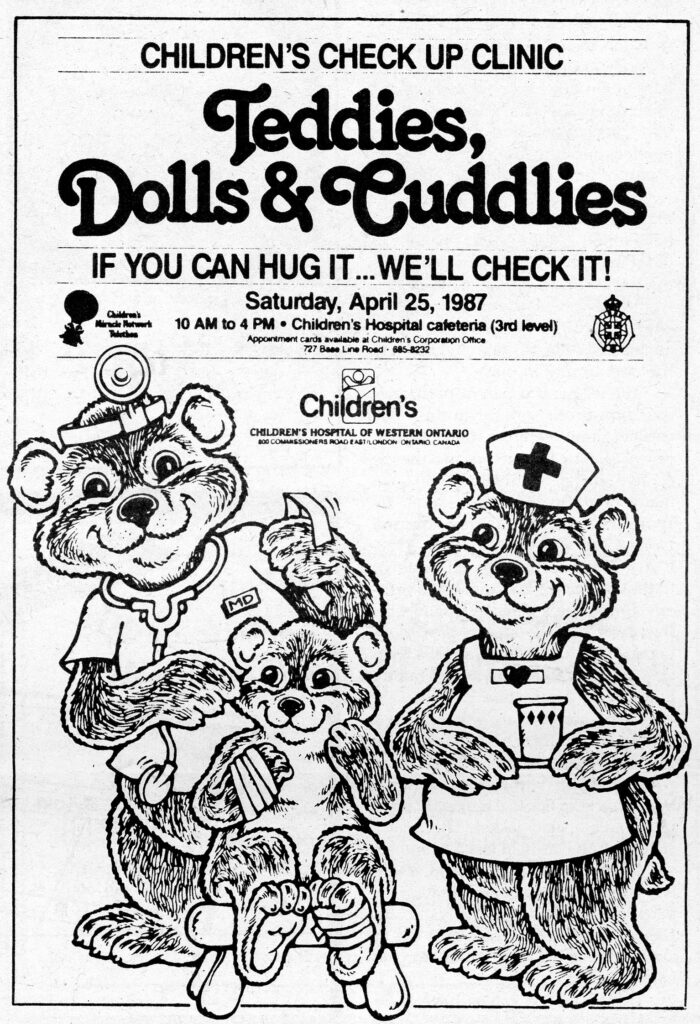
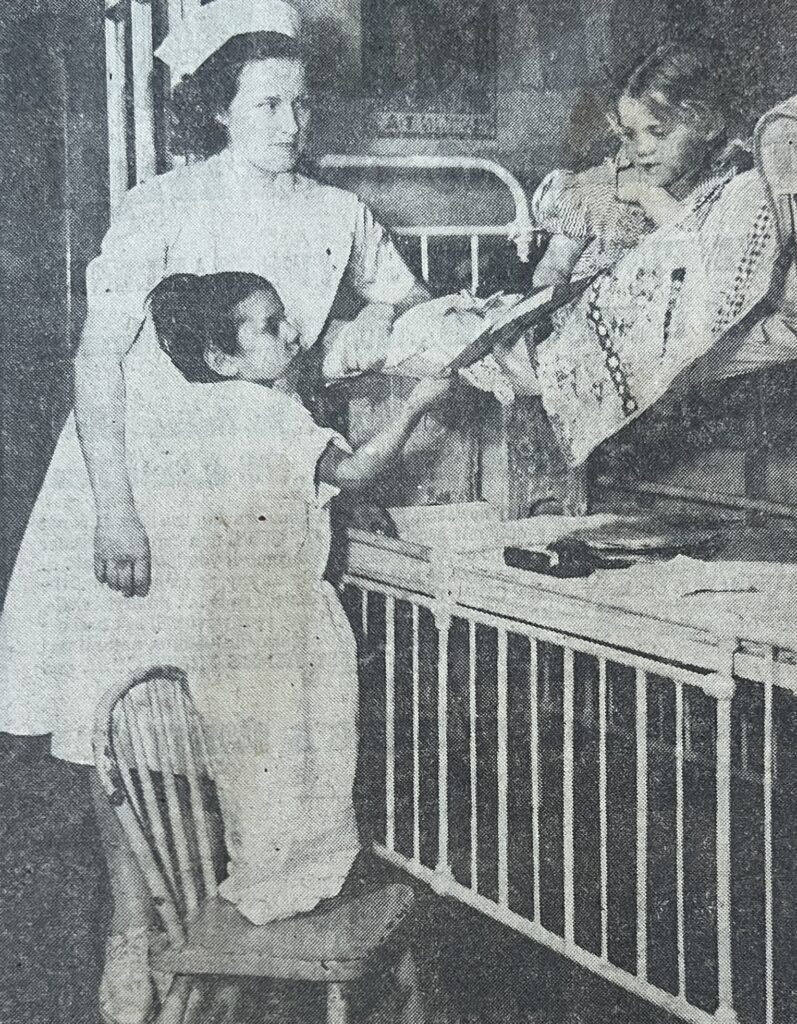
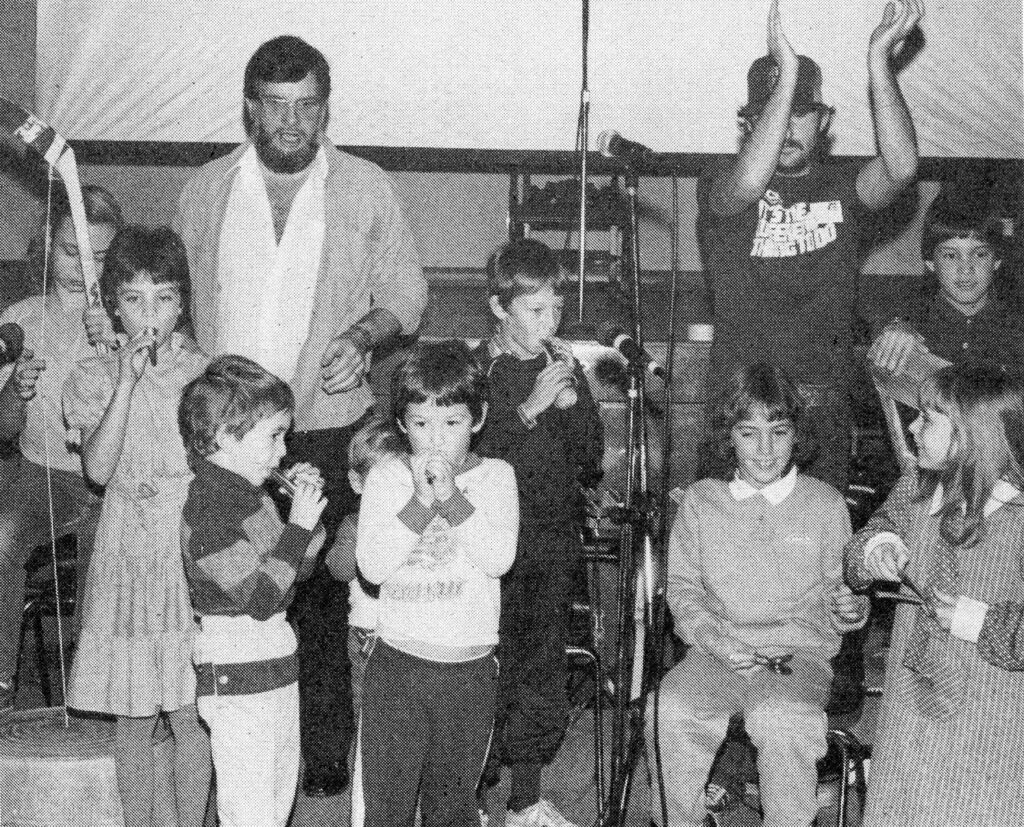
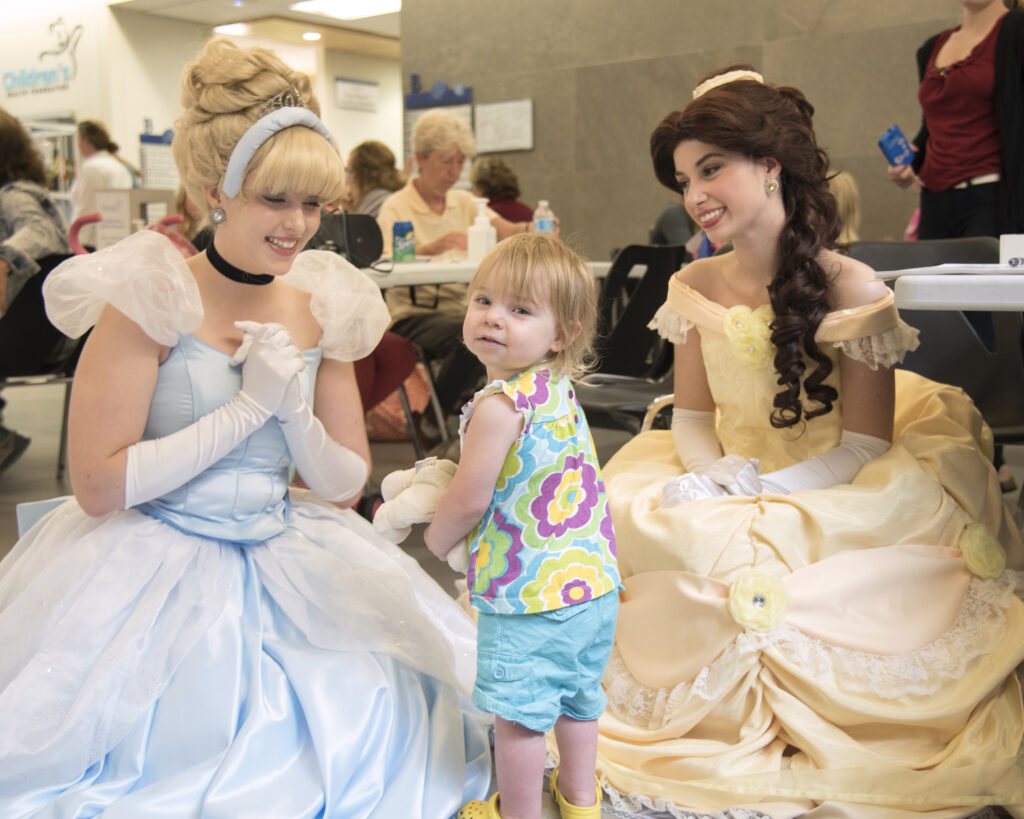
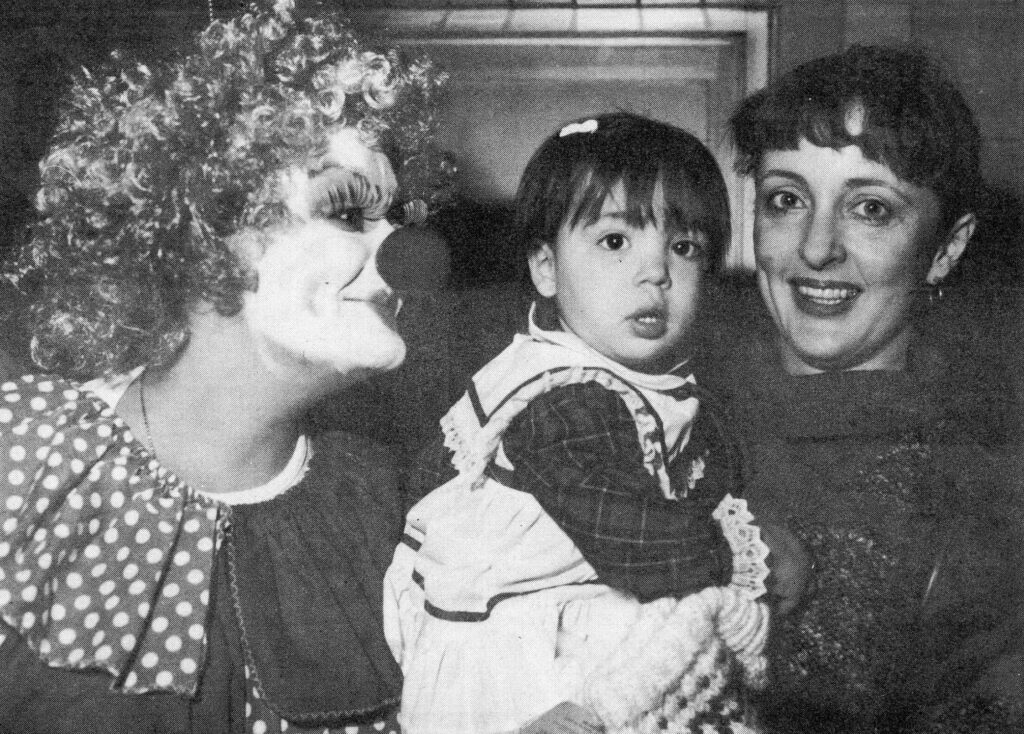
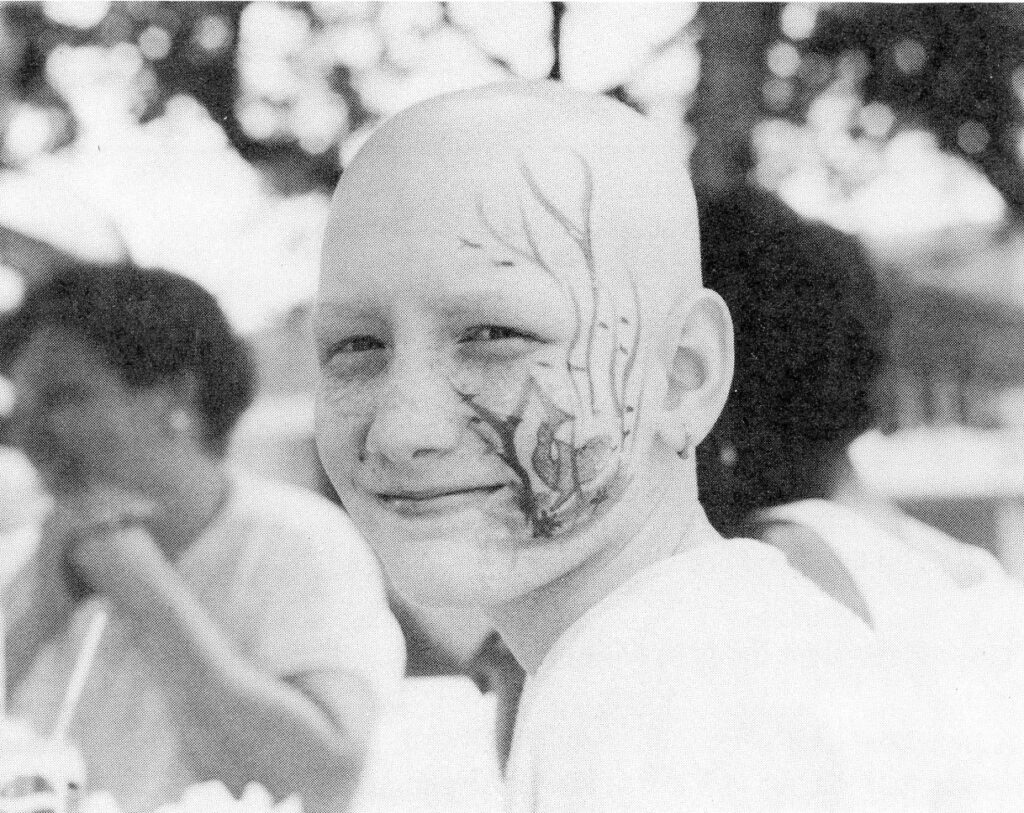
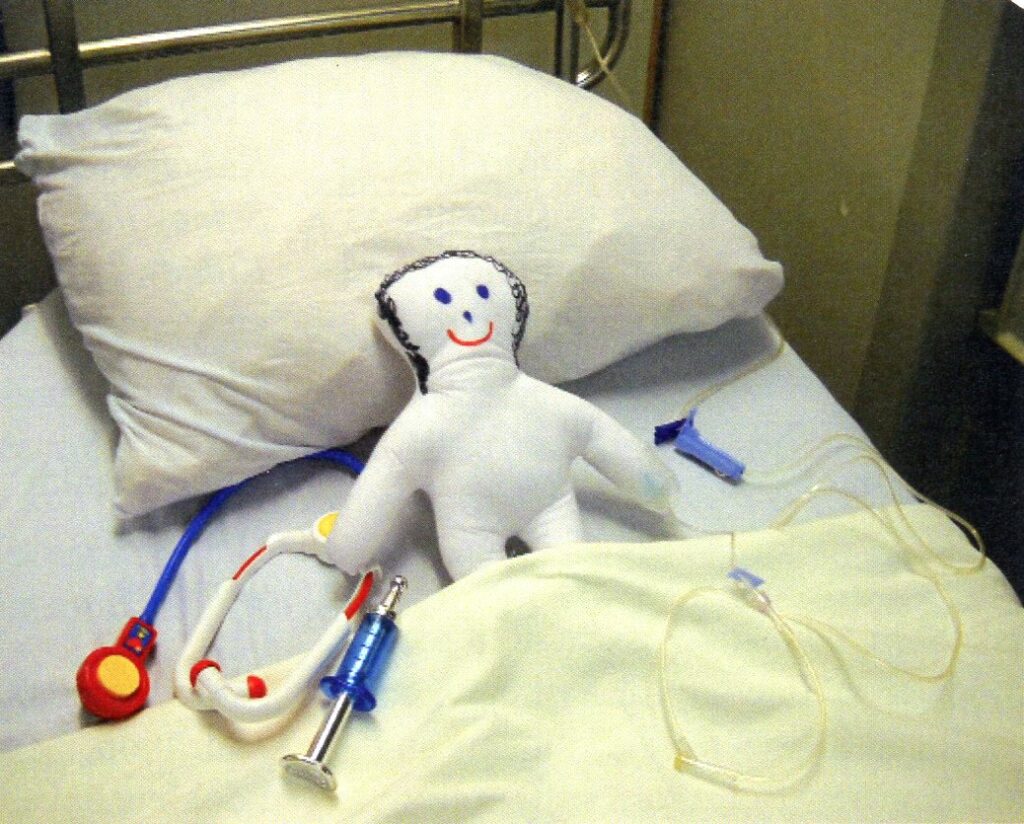
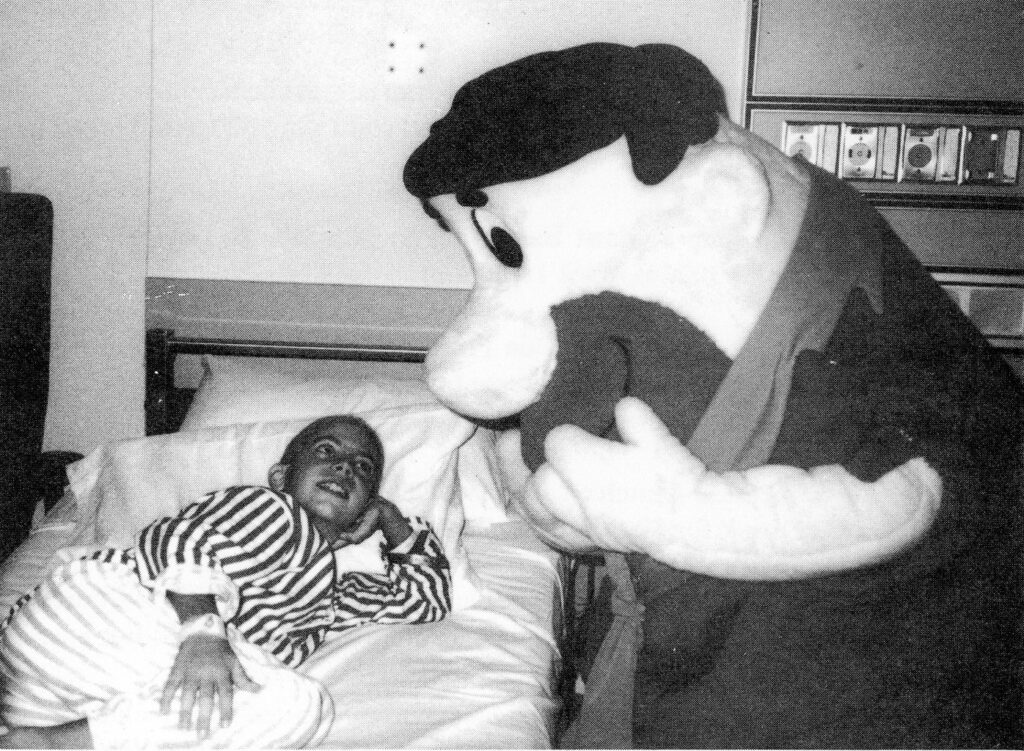
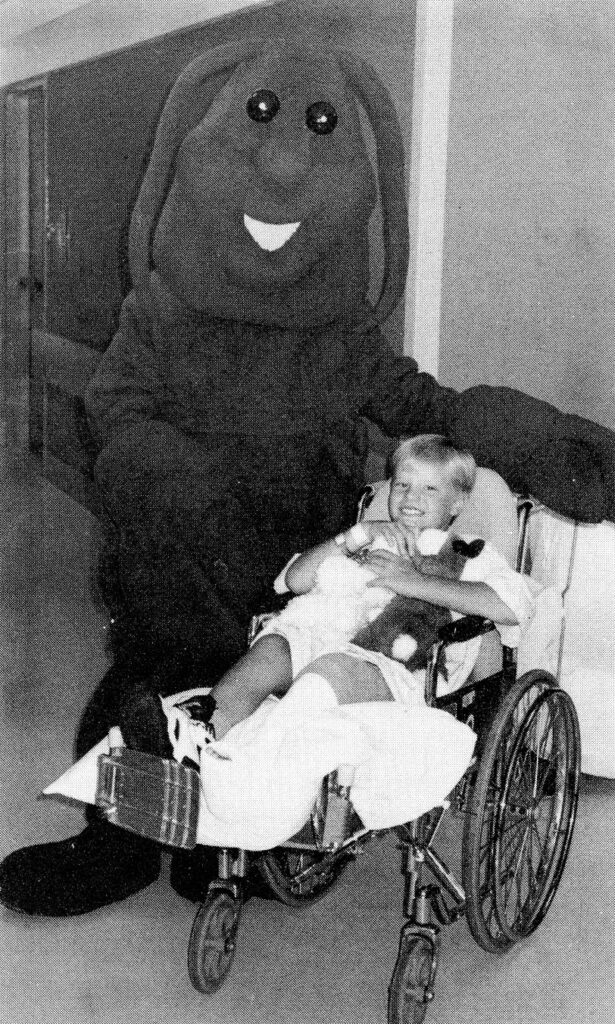
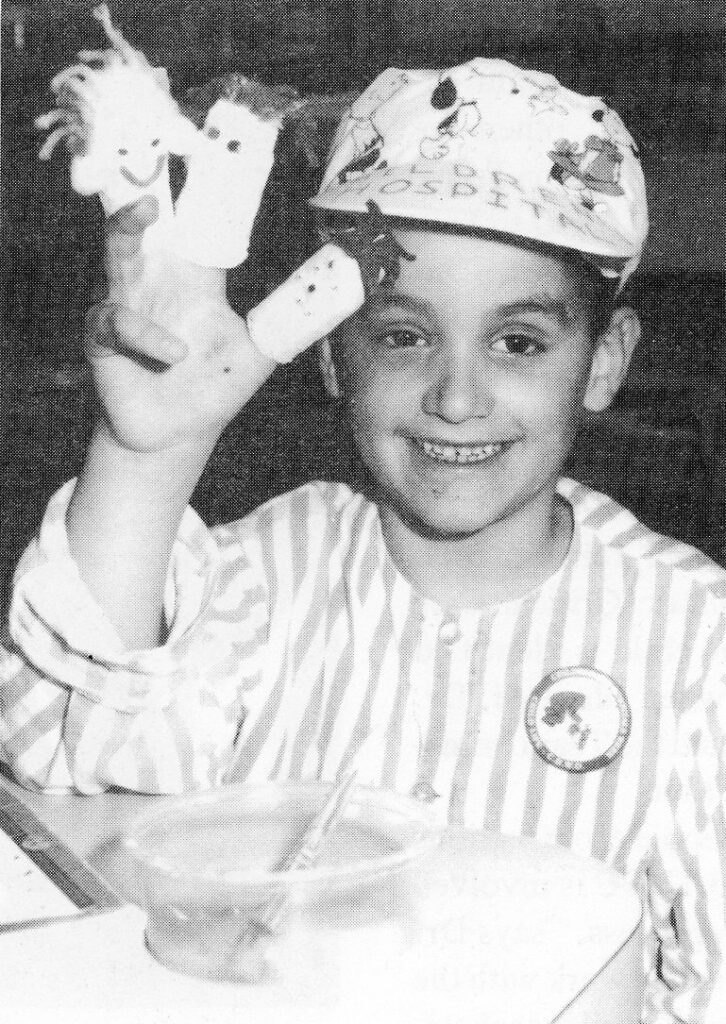
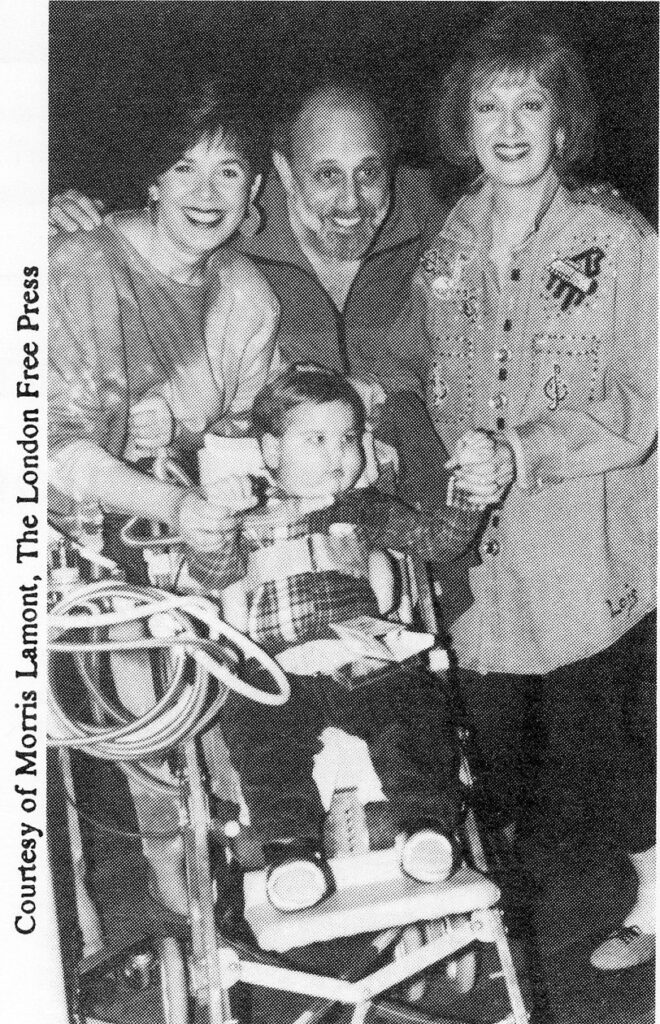
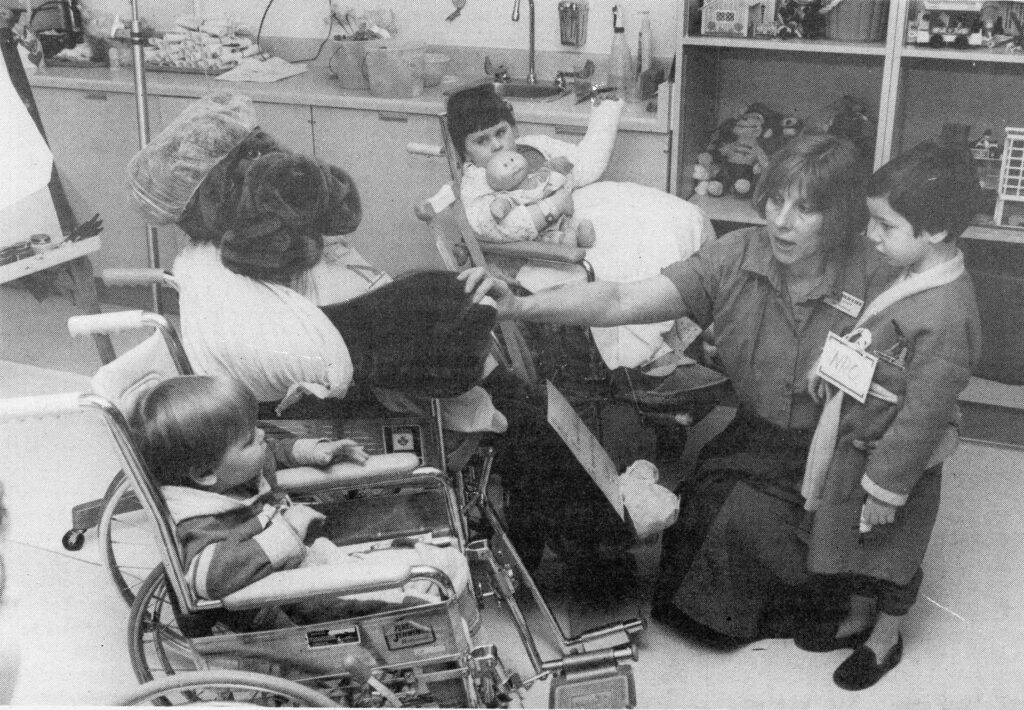
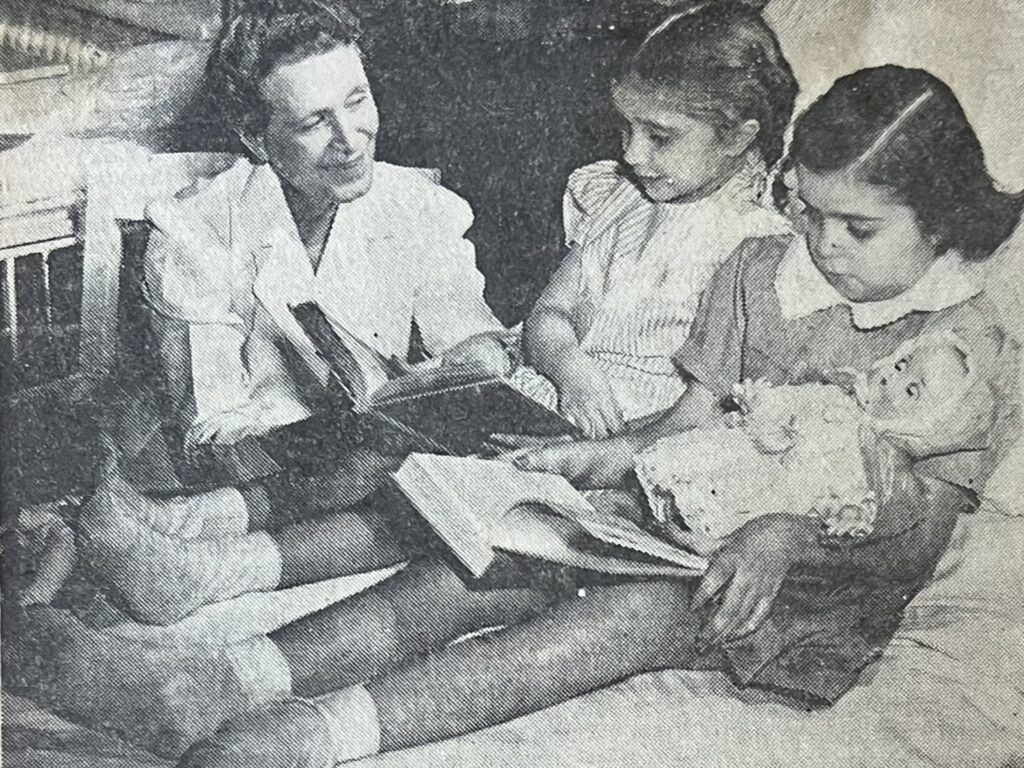
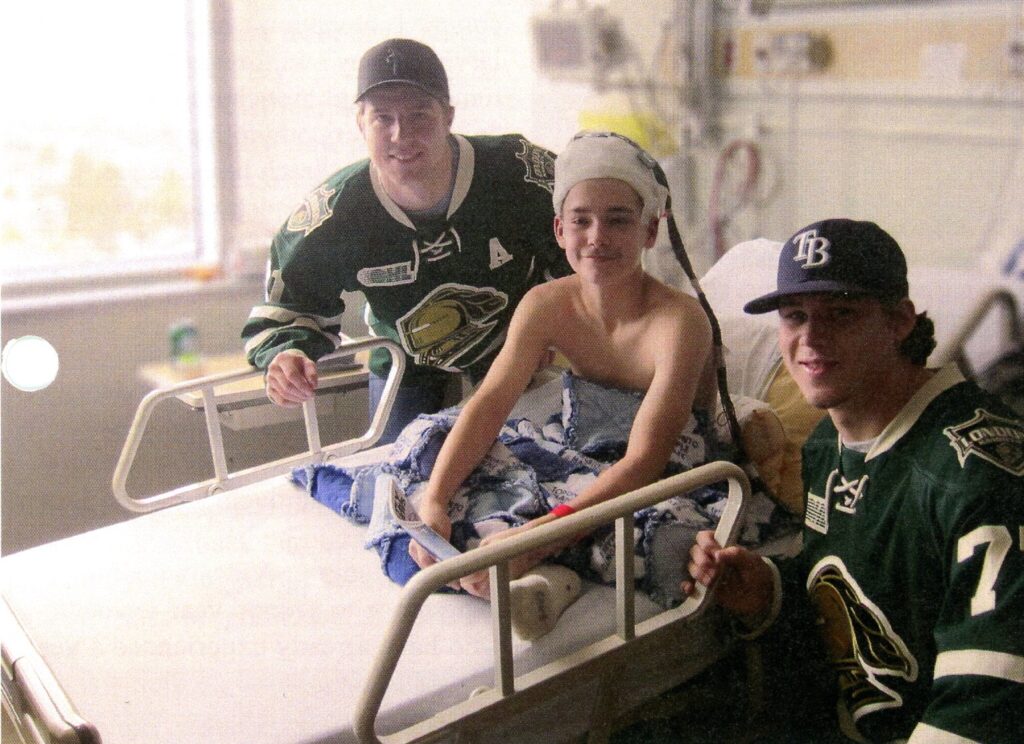
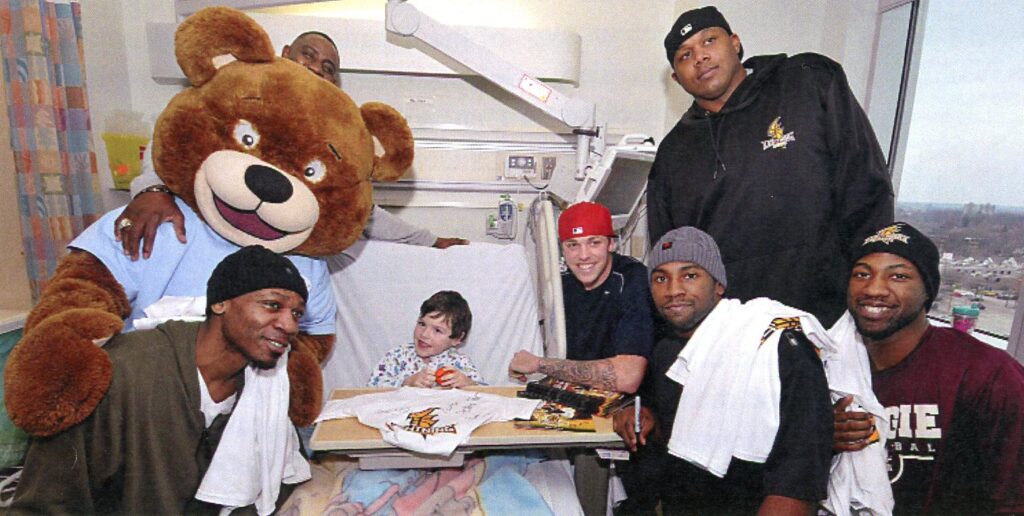
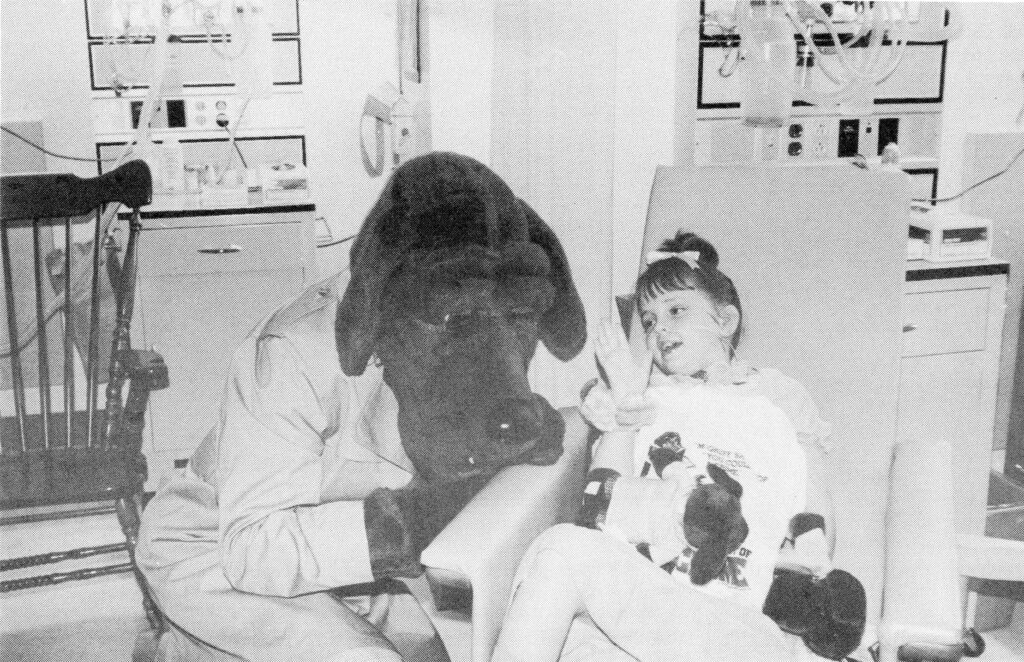
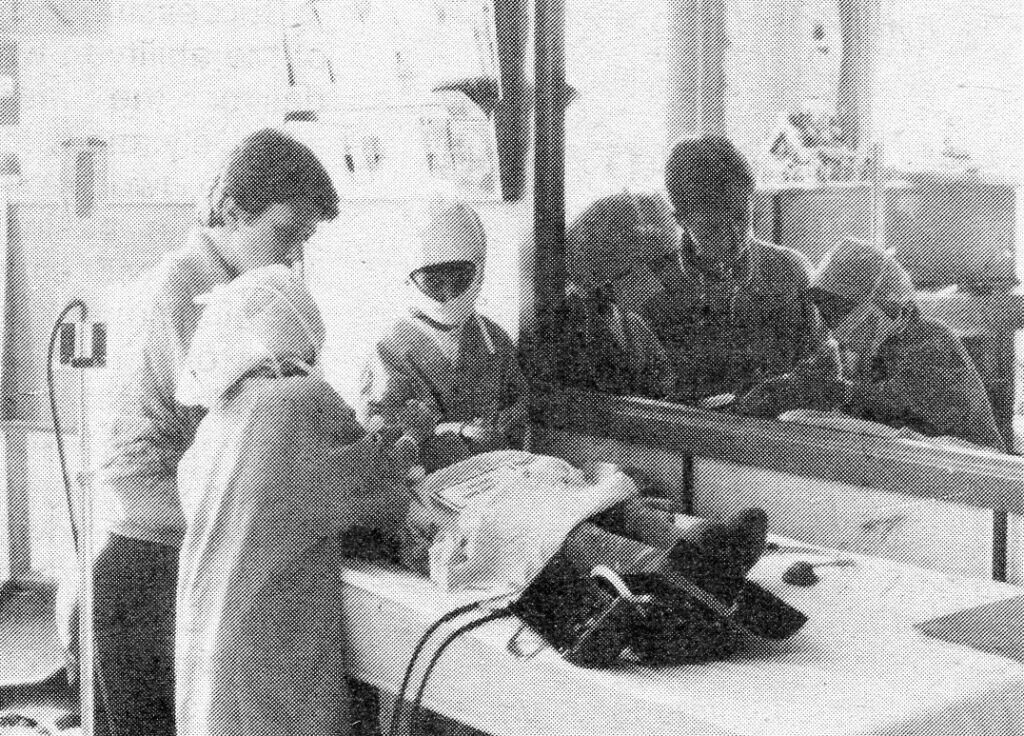
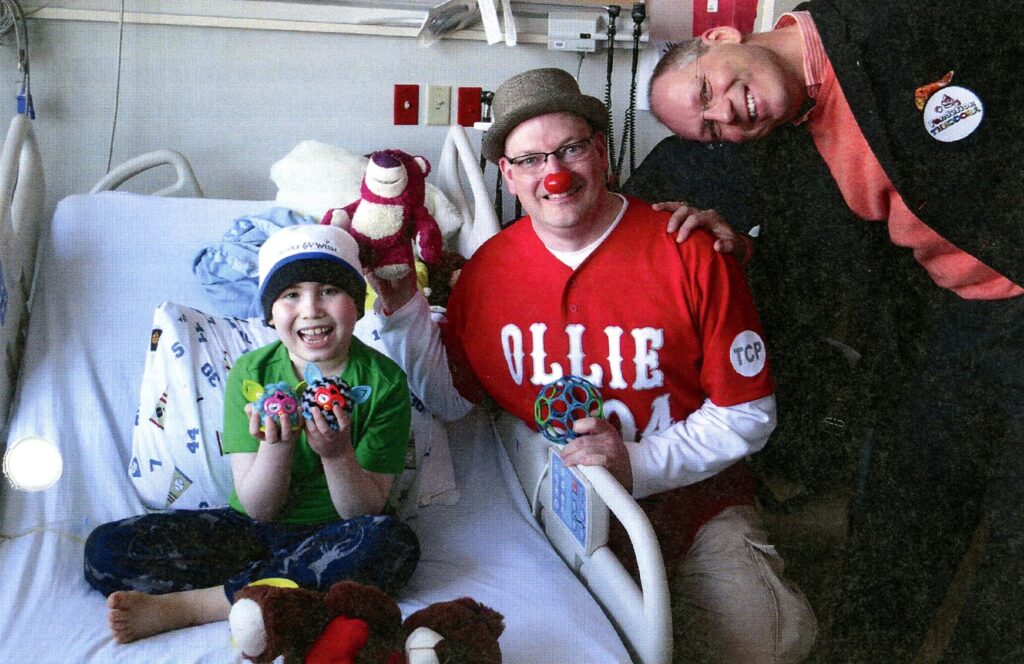
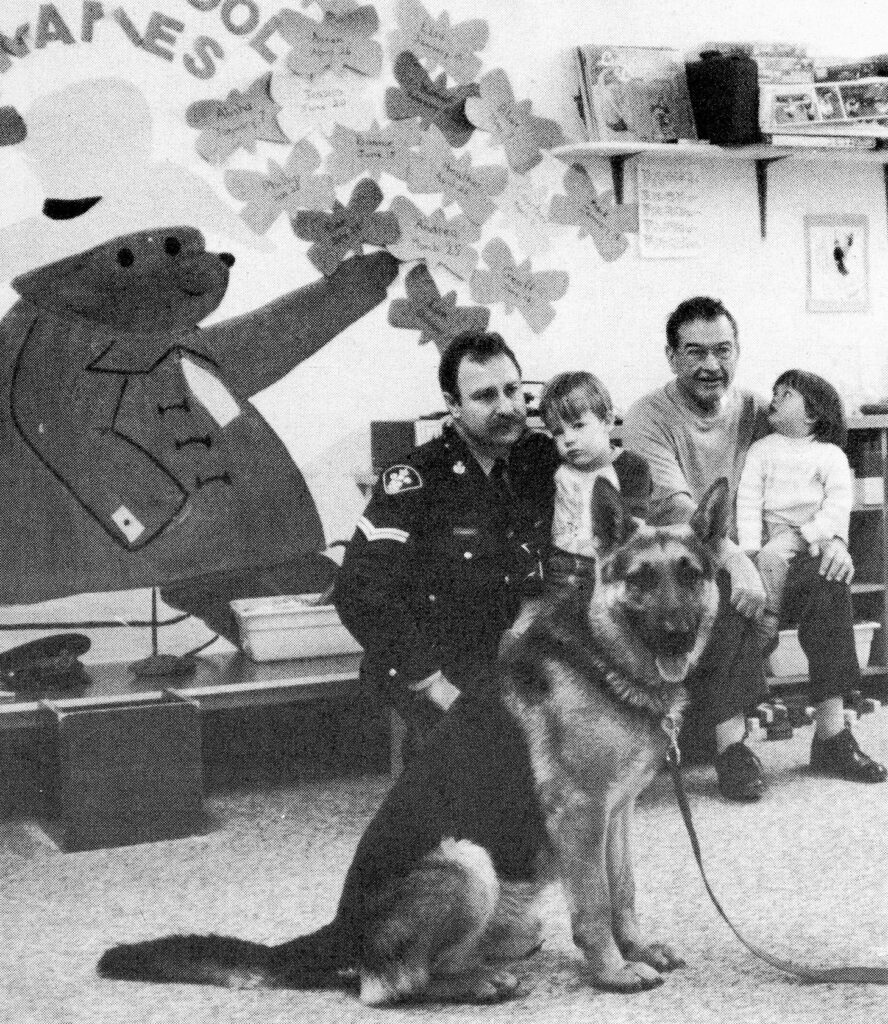
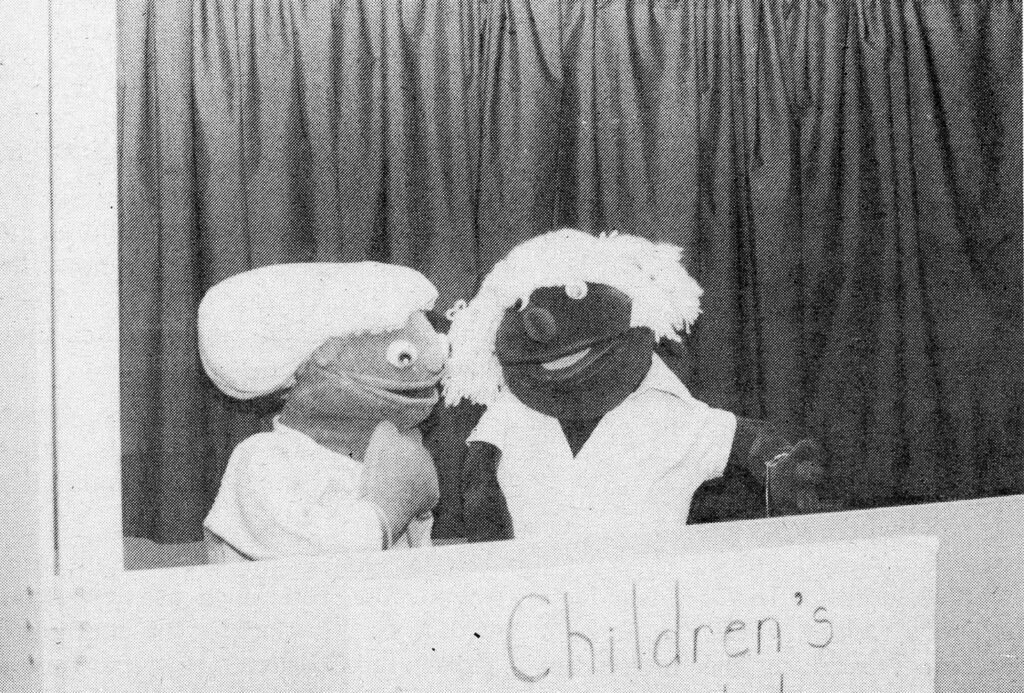
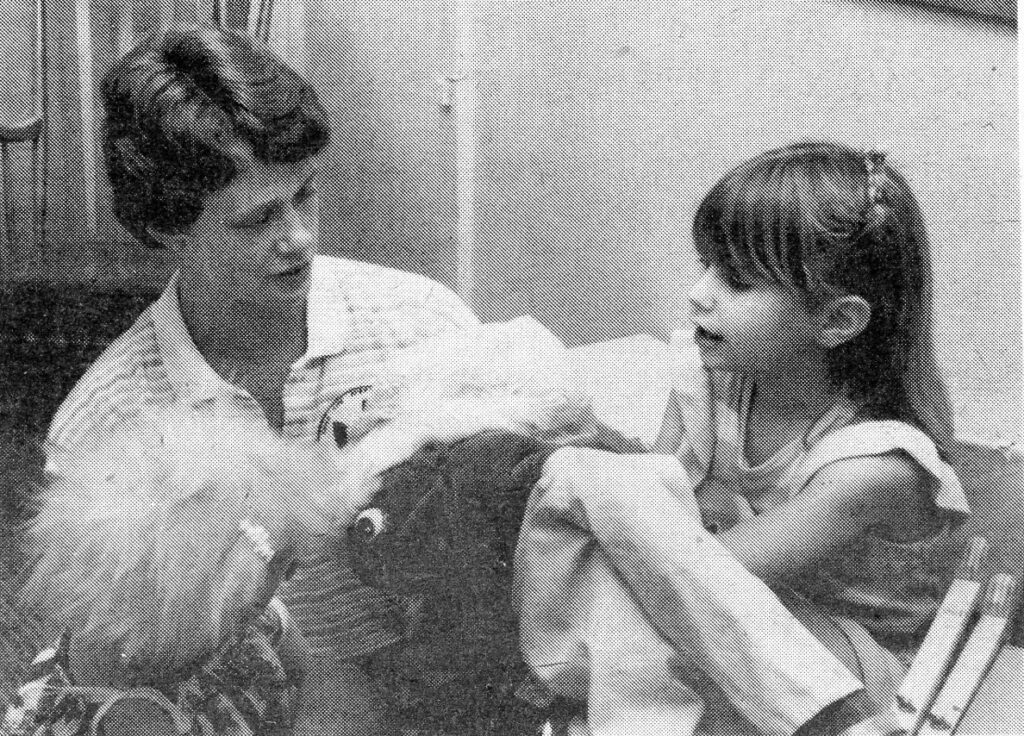
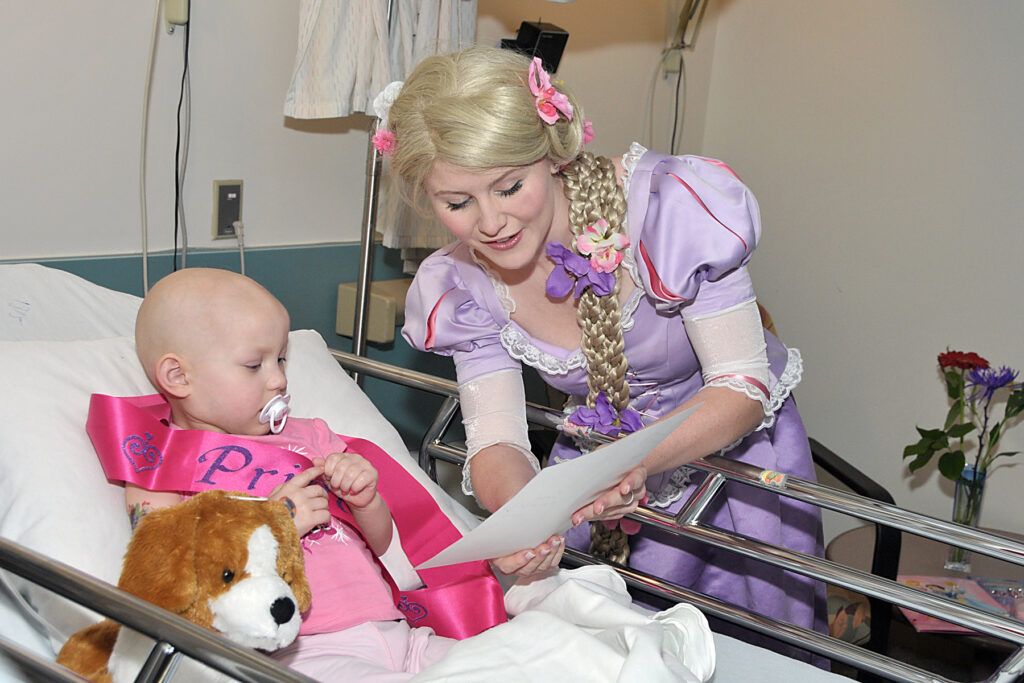
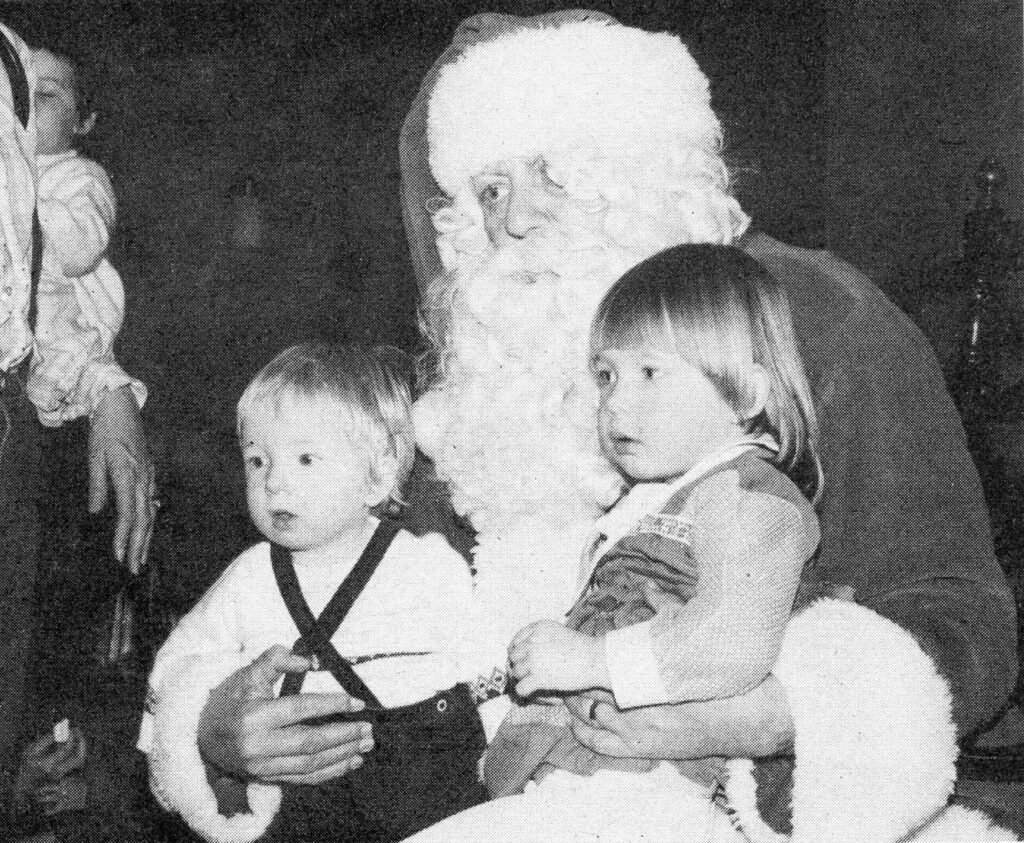
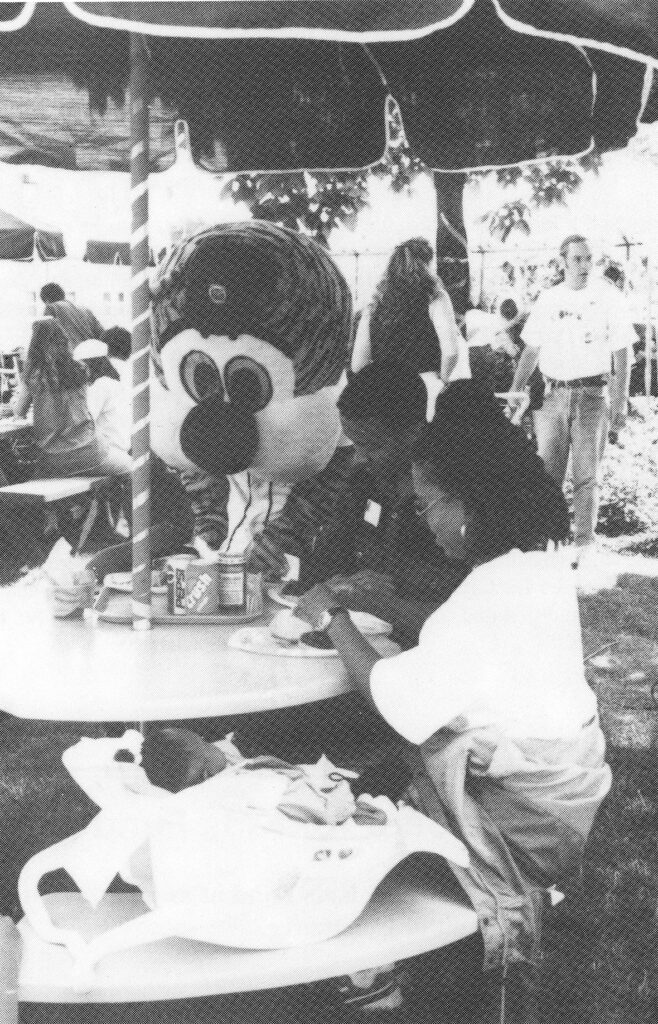
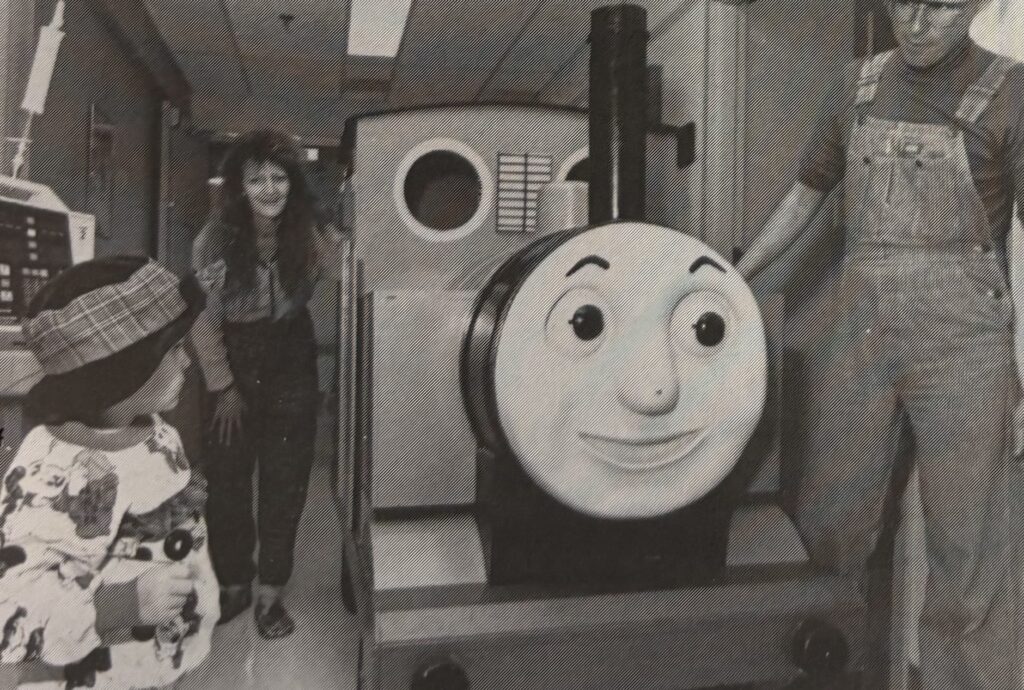
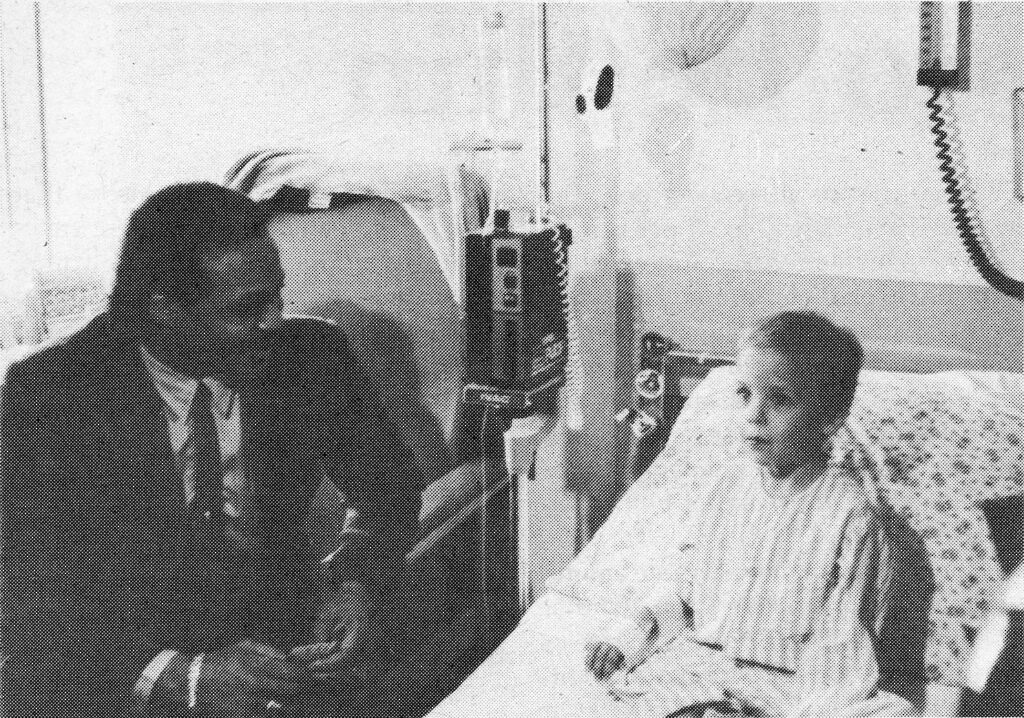
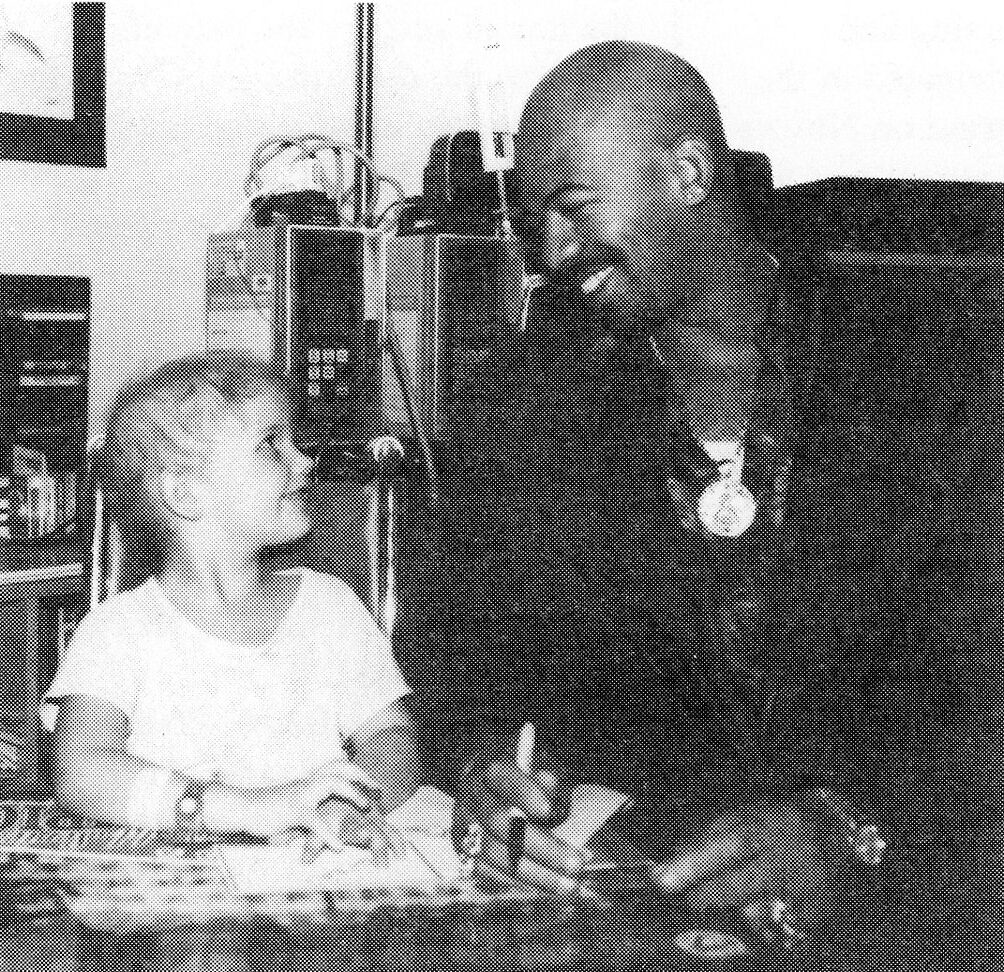
link

